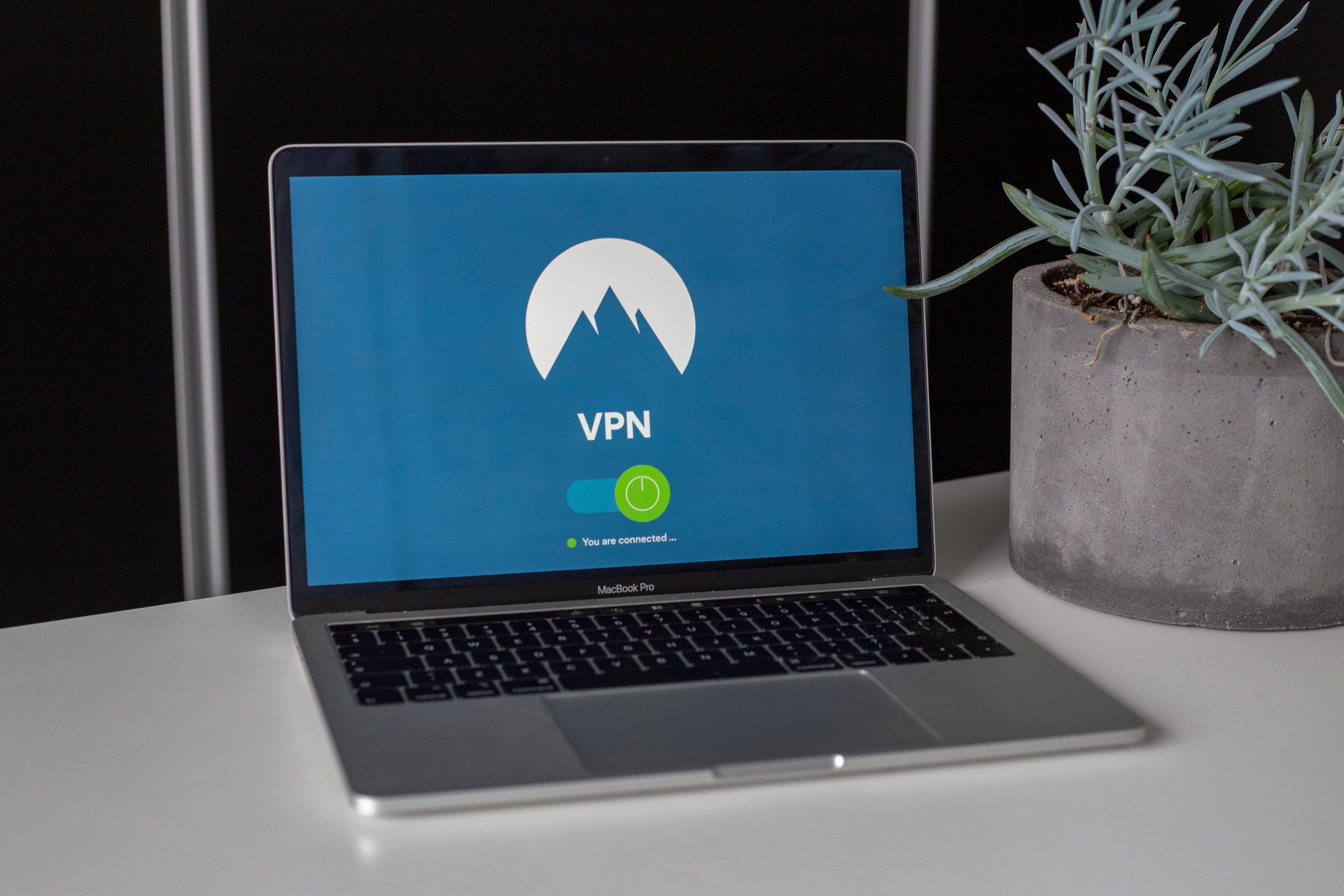Posted by: Aubrey Felix on August 28, 2024 at 8:46 am
In today’s digital age, security and privacy are paramount, especially for small businesses that often find themselves as prime targets for cyberattacks. You might have heard the term “VPN” thrown around in discussions about online security, but what is a VPN, and how can it benefit your small business? Let’s break it down.
What is a VPN?
A VPN, or Virtual Private Network, is a service that creates a secure, encrypted connection between your device and a remote server over the internet. This connection acts as a private tunnel, safeguarding your data from prying eyes. Whether you’re working from home, a coffee shop, or traveling abroad, a VPN ensures that your online activities remain private and secure.
The Benefits of Using a VPN for Your Small Business
Now that we’ve covered what a VPN is, let’s dive into how it can specifically help your small business.
1. Enhanced Security
One of the most significant advantages of a VPN is the enhanced security it provides. As small businesses increasingly rely on the internet for their operations, the risk of cyber threats also rises. A VPN encrypts all data transmitted between your devices and the internet, making it nearly impossible for hackers to intercept sensitive information such as financial details, passwords, and internal communications. This level of protection is crucial, especially for businesses that handle confidential customer data or proprietary business information. To learn more about the security benefits of a VPN, check out Cisco’s guide.
2. Remote Access
The ability to work remotely has become more important than ever, and a VPN makes this seamless and secure. With it, your employees can securely access your company’s internal network from any location, whether they’re working from home, a client’s office, or even traveling. This secure remote access ensures that they can work with the same efficiency and security as they would in the office. If you’re curious about how a VPN can facilitate remote access, Norton’s article provides an in-depth graphic that can help you understand.
3. Data Privacy
Data privacy is a growing concern for businesses of all sizes, and small businesses are no exception. A VPN helps protect your online activities from being tracked by third parties, such as Internet Service Providers (ISPs), advertisers, or even cybercriminals. By masking your business’s IP address and encrypting your data, a VPN ensures that your online activities remain private. This is particularly important when handling sensitive business transactions or communications.
4. Cost Savings
While enhancing your business’s security might sound expensive, a VPN can actually lead to significant cost savings. Instead of investing in costly private networks or dedicated lines, a VPN allows you to use the public internet securely. This means you can avoid the high costs associated with maintaining private infrastructure. Plus, many services are scalable, allowing you to adjust your subscription based on the number of users or devices. This flexibility makes it a cost-effective solution, especially for growing businesses.
5. Bypass Geo-restrictions
If your business operates in multiple countries or requires access to region-specific content, a VPN can help. By connecting to a server in a different country, your VPN can make it appear as though you’re browsing from that location. This is particularly useful for conducting market research, accessing international versions of websites, or using services that are only available in certain regions. VPNs can be used to bypass geo-restrictions and access content from anywhere in the world.
6. Protection Against Cyber Threats
Small businesses are often targeted by cybercriminals due to their perceived weaker security defenses. A VPN adds an extra layer of protection against these threats by making it much harder for attackers to gain access to your network. With a VPN, your internet connection is encrypted, and your IP address is hidden, reducing the risk of cyberattacks. This level of security is essential for protecting your business’s reputation and avoiding costly data breaches.
Different Types of VPNs
They come in various forms, each serving different needs. Here’s a quick rundown of the most common types:
Remote Access: This is the most common type, allowing users to connect to a private network securely from a remote location. It’s ideal for businesses with remote workers.
Site-to-Site: Used to connect entire networks, such as different office locations of the same company. This type is perfect for businesses with multiple branches.
Client-to-Site: Similar to Remote Access, but the connection is initiated by the client’s device.
SSL: This type can be accessed through a web browser and is commonly used for web-based applications.
For a detailed explanations of the different VPN Protocols check out this ExPressVPN article.
Conclusion
Understanding what a VPN is and how it can benefit your small business is crucial. From enhancing security and privacy to enabling remote access and cost savings, it’s an invaluable tool for protecting your business’s data and operations. Whether you’re just starting out or looking to enhance your existing infrastructure, a VPN should be at the top of your list.
If you’re ready to take the next step, consider exploring how a VPN can be tailored to fit your business’s specific needs. For more information, feel free to check to contact us. TAZ Networks is here to help your Southeast Michigan business thrive! We will take the time to help you understand and implement the right VPN solution, and you’ll be well on your way to securing your business’s future.
If you are looking for a VPN for your personal use, here is an article from PCMag that can help you choose the right one.
